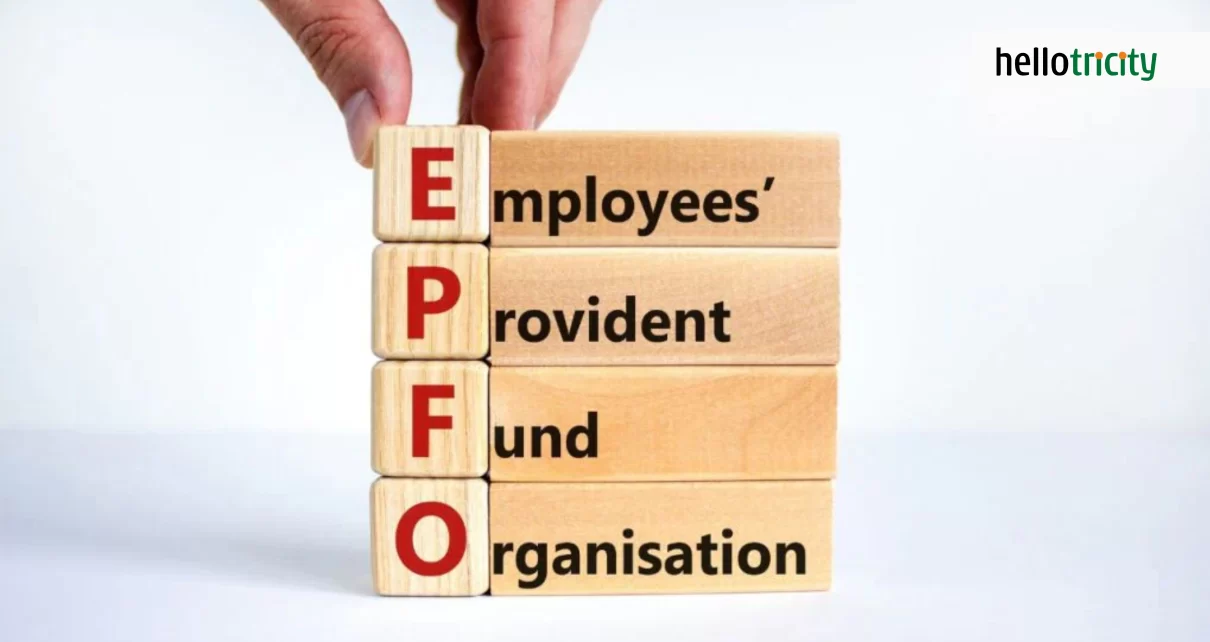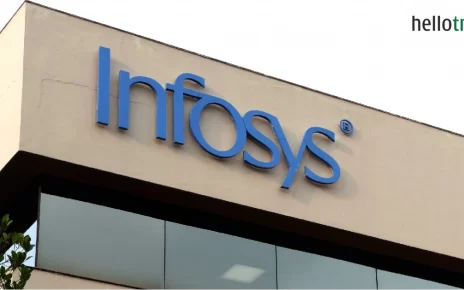Employees Provident Fund Organization has made it simpler to claim provident funds (PF) in cases where the beneficiaries are dead. The new rules were introduced in May 2024 and have done away with the need to link Aadhaar cards in case of manual claims. This comes as a relief for regional offices that have had difficulties verifying or updating Aadhaar information following one’s demise
While Aadhaar seeding remains preferable, the EPFO acknowledges situations where a deceased member’s details in the EPFO’s UAN system (provident fund account) might be accurate, but their Aadhaar information might be missing or incorrect in the UID database. The new rules cater to these scenarios.
Approval Process and Verification for Aadhaar-less Claims
Physical claims without Aadhaar seeding require approval from the Officer in Charge (OIC) via a documented e-file. This file must detail the verification procedures undertaken to confirm the deceased’s membership and the legitimacy of the claimant. Additionally, the OIC may direct further due diligence measures to prevent fraudulent withdrawals.
Also Read: Learner’s Permit Goes Private: Driving License Process Gets Revamped In India
Addressing Discrepancies in Databases
The core issue lies in potential discrepancies between the EPFO’s UAN database and the UID database. The new EPFO rules aim to resolve problems arising from such mismatches, particularly in death cases. Inaccurate Aadhaar details can create hurdles for field offices when processing claims for the deceased member’s provident fund. These delays can cause financial hardship for nominees or legal heirs awaiting their rightful dues.
Focus on Timely Disbursement
The revised EPFO regulations allow physical claims for death cases even without Aadhaar seeding. This simplifies the process, especially when Aadhaar details are unavailable or pose verification challenges. While Aadhaar seeding is still recommended, the EPFO prioritizes timely fund disbursement by allowing alternative verification methods with OIC approval. This ensures beneficiaries receive their dues without unnecessary delays.




